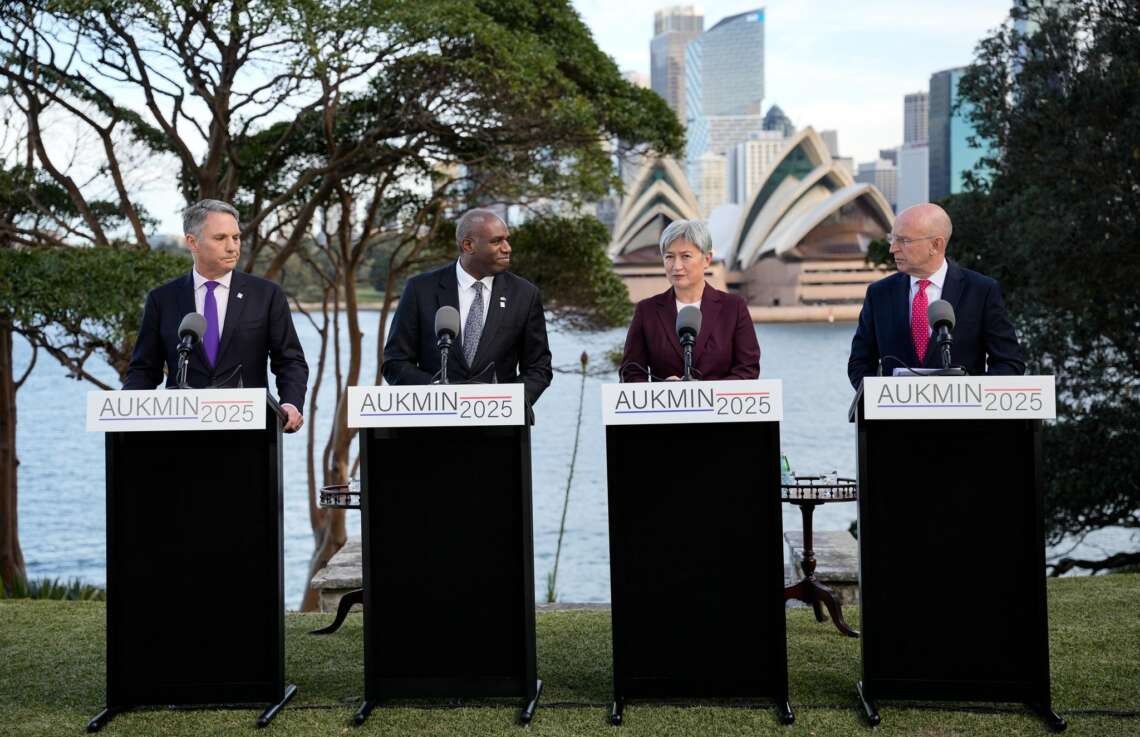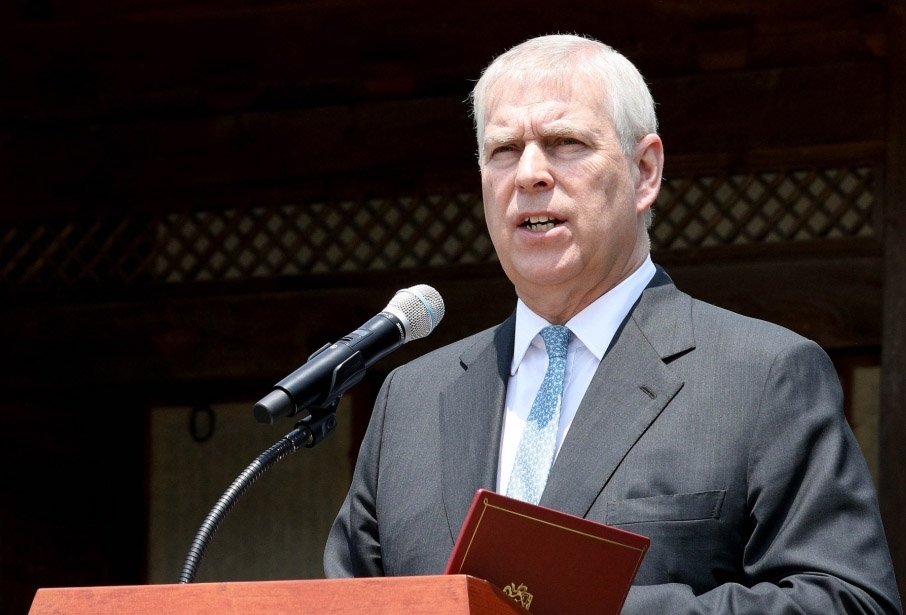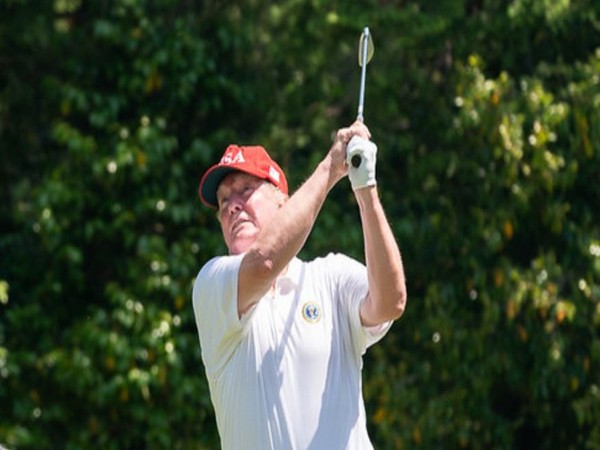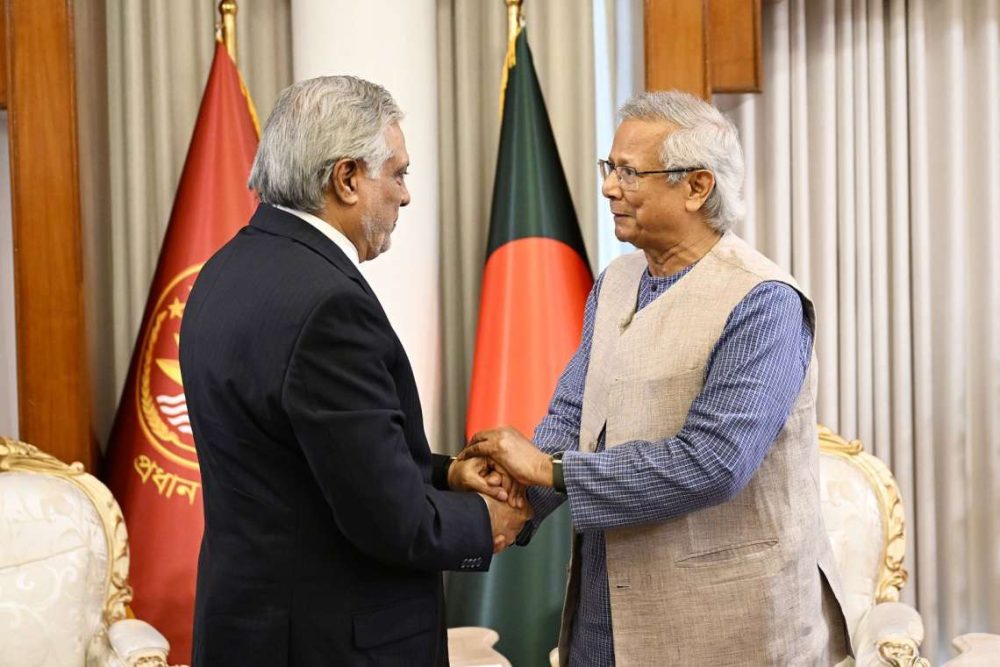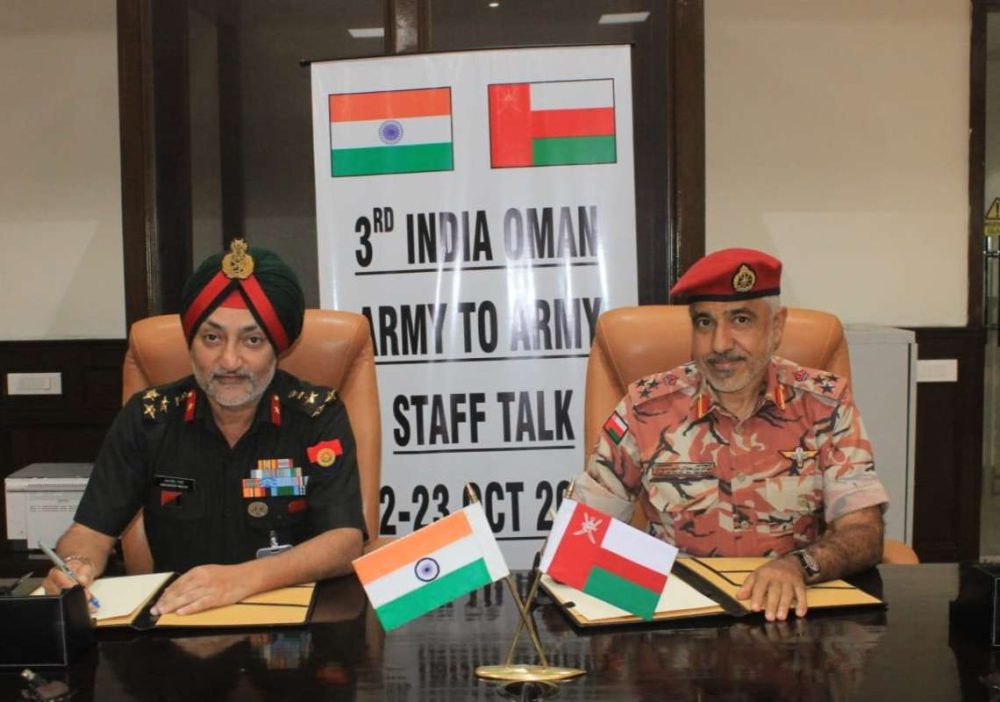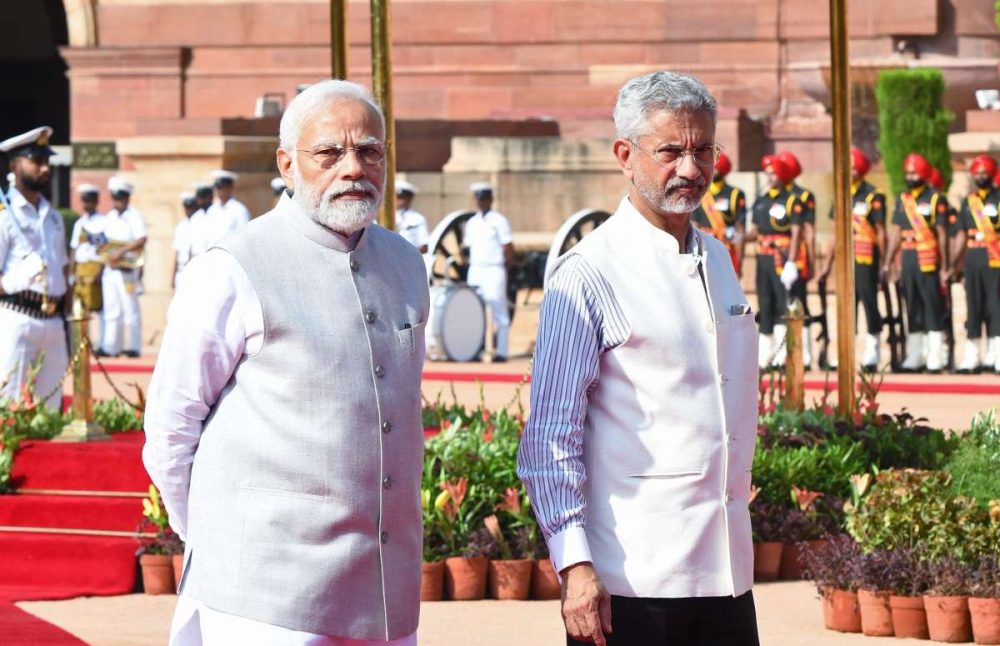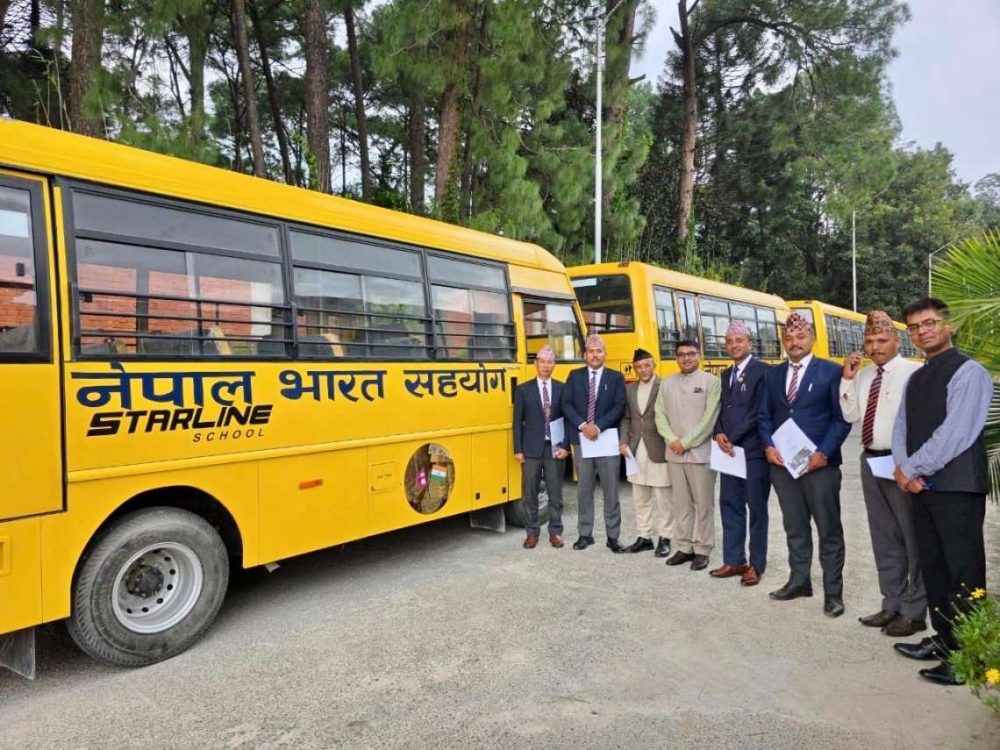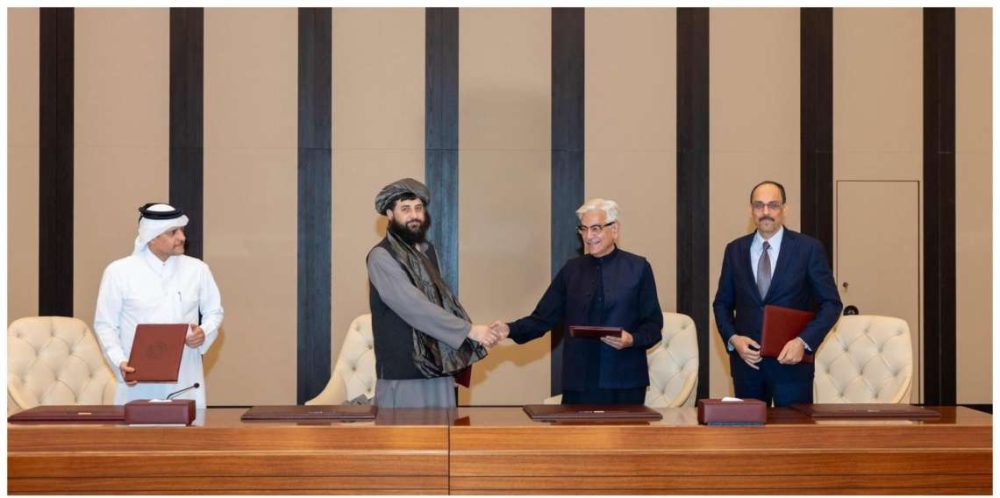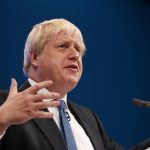The treaty sets the framework for joint collaboration on the development, construction, operation, sustainment, and eventual decommissioning of a new class of nuclear-powered submarines
In a major step to deepen bilateral defence cooperation, Australia and the United Kingdom have signed a landmark 50-year defence treaty, solidifying their partnership under the AUKUS pact, even as the United States reassesses its role in the alliance.
Signed on Saturday in the coastal city of Geelong, Victoria, the agreement — formally titled the Nuclear-Powered Submarine Partnership and Collaboration Treaty and colloquially known as the Geelong Treaty — marks a significant milestone in the trilateral AUKUS arrangement. The deal was inked by Australia’s Deputy Prime Minister and Defence Minister Richard Marles and the UK’s Defence Secretary John Healey.
“The Geelong Treaty is a historic agreement, the commitment for the next 50 years of UK-Australian bilateral defence cooperation under AUKUS Pillar I,” the two ministers said in a joint statement following the signing ceremony.
The treaty sets the framework for joint collaboration on the development, construction, operation, sustainment, and eventual decommissioning of a new class of nuclear-powered submarines — SSN-AUKUS. It will also encompass infrastructure development, regulatory cooperation, workforce training, and the creation of resilient trilateral supply chains.
Although the United States was not a signatory to this specific agreement, the treaty reinforces the broader goals of AUKUS — the trilateral security partnership established in 2021 between Australia, the UK, and the US to counter growing strategic challenges in the Indo-Pacific.
The signing comes at a sensitive moment, as the US Department of Defense undertakes a review of its AUKUS commitments under the direction of the Trump administration. The review aims to evaluate whether the arrangement aligns with the “America First” doctrine — raising concerns about possible shifts in Washington’s long-term support.
Despite the uncertainty in Washington, Australia and the UK have moved forward decisively. Marles emphasised that the treaty is a practical demonstration of progress: “It’s a treaty which will last for 50 years. It is a bilateral treaty which sits under the trilateral AUKUS framework. It’s another demonstration that AUKUS is happening, and it is happening on time.”
The partnership will see Australia build its SSN-AUKUS submarines in Adelaide at the Osborne Naval Shipyard, while the UK will manufacture its fleet in northern England. The program is expected to yield economic benefits for both nations, supporting tens of thousands of jobs. British firms will supply components to Australia, and Australian companies will contribute to the UK submarine construction.
Healey hailed the agreement as a cornerstone of long-term security cooperation. “This is a treaty that will define the relationship between our two nations and safeguard the security of our country for our children and our children’s children to come,” he said. “It is a treaty that will fortify the Indo-Pacific and strengthen NATO.”
Under the broader AUKUS plan, Australia is set to spend around $368 billion, which includes purchasing at least three Virginia-class submarines from the United States in the early 2030s and investing in nuclear reactor technology. Australia has already made a second scheduled payment of 800 million Australian dollars (around USD 525 million) to the US for the deal.
The full text of the Geelong Treaty has not yet been made public but will be tabled in the Australian Parliament next week.
British Foreign Secretary David Lammy, speaking earlier at the Lowy Institute in Sydney, dismissed suggestions that the UK was stepping up due to a waning US commitment. He said the deal was about “20,000 jobs between our two countries” and establishing a secure partnership well into the future.
Lammy played down the significance of the US review, saying it was part of standard governance. “All governments do reviews, and should do reviews, particularly when they involve big aspects of procurement and defence,” he said, adding that the UK and Australia had also undertaken similar assessments.
He noted that the world has entered a “new era of instability” and argued that robust defence partnerships like AUKUS are crucial. “Investing in defence is an investment in peace,” Lammy said, “because opponents realise that you are armed and capable.”
However, concerns persist internationally. As a non-nuclear weapon state, Australia’s involvement in a high-stakes nuclear submarine program has drawn scrutiny from non-proliferation advocates, who worry that the deal could trigger an arms race in the Indo-Pacific and undermine regional stability.
The US review is being led by Elbridge Colby, the Pentagon’s undersecretary of defence policy and a known sceptic of AUKUS. Colby has warned that the agreement could overstretch US naval resources and compromise operational readiness.
Nonetheless, the UK-Australia treaty signals unwavering commitment from both nations to see AUKUS through, with or without delays or hesitations from Washington.


